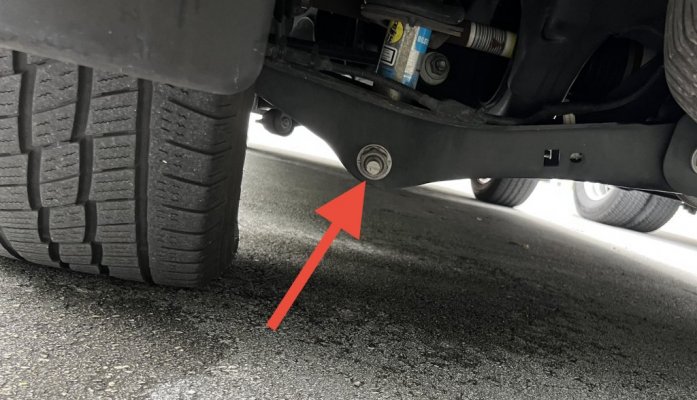ROBERT BONNER
Full Access Members
A few weeks ago I assisted my neighbor in performing a brake job on his 2019 Expedition Max. I was surprised to find all 4 of his rotors to be rusted on to the hubs. He takes good care of his vehicles. The vehicle was garaged and driven almost exclusively in NC. I used a tried and true combination of Kroil and 1/2" grade 8 jack bolts through the caliper bracket holes in the spindles to pop the rotors off. We found the mating areas and the relieved areas between the hubs and rotors to be completely corroded. This on a truck without a spot of corrosion anywhere on the frame or suspension links. I wondered whether it had something to do with the fact that he frequently washes the truck, or what? We cleaned the hubs/rotors and applied nickel ant-seize for reassembly.
This past weekend my '20 Expedition was due for an oil change and tire rotation.....so, I checked my rotors. All 4 of my rotors were rusted on similarly. I used the same method to remove them successfully and remedy the problem.
This is NOT normal. While I've frequently experienced this when helping others to service their GM vehicles; I have never experienced it with any of my Ford vehicles until my '20 Expedition.
I'm posting this for three reasons: 1) To see if others have had the same experience. 2) To advise all Expedition/Navigator owners to remove their rotors at the earliest convenience to proactively remedy/prevent this issue on your truck 3) TO ALERT ANY KTP PVT OR OTHER PERSONNEL TO THE FACT THAT SOMETHING THAT WAS (IS STILL?) BEING APPLIED TO THE ROTOR/HUB JOINT IS PROMOTING SEVERE CORROSION IN THE FIELD.
This past weekend my '20 Expedition was due for an oil change and tire rotation.....so, I checked my rotors. All 4 of my rotors were rusted on similarly. I used the same method to remove them successfully and remedy the problem.
This is NOT normal. While I've frequently experienced this when helping others to service their GM vehicles; I have never experienced it with any of my Ford vehicles until my '20 Expedition.
I'm posting this for three reasons: 1) To see if others have had the same experience. 2) To advise all Expedition/Navigator owners to remove their rotors at the earliest convenience to proactively remedy/prevent this issue on your truck 3) TO ALERT ANY KTP PVT OR OTHER PERSONNEL TO THE FACT THAT SOMETHING THAT WAS (IS STILL?) BEING APPLIED TO THE ROTOR/HUB JOINT IS PROMOTING SEVERE CORROSION IN THE FIELD.
Last edited:


